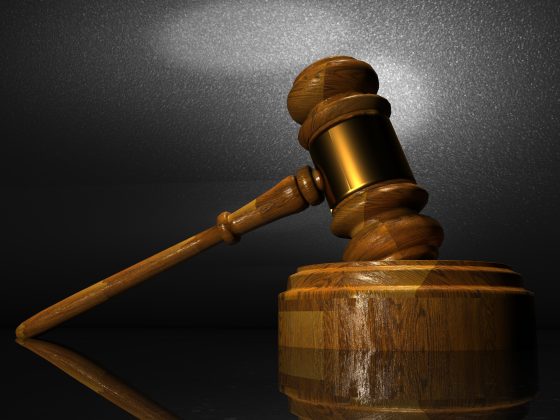The modern law of vicarious liability means that liability for wrongdoing can, under certain circumstances, be transferred from an employee to their employer.
Employees should implement clear guidelines to employees working in jobs where there is a high risk of an accident happening so as preclude liability, if possible.
The employee-employer relationship is a special one where each party’s rights and obligations towards the other often transcend the strict wording of any formal employment agreement. The transcendence of rights is often a result of Common Law where, over time, judges have implied and developed rights and obligations into an employment agreement, including “trust and confidence”; “confidentiality” and, indeed, most recently “anti-avoidance”.
One of the oldest developments that is still highly relevant to employment law is the tort of vicarious liability. During the course of the Middle Ages, the law developed from a person being responsible only for his own wrongdoings, to being liable for the actions of his servants, but only where that person commanded his servants to carry out the action complained of. The seismic changes brought about by the Industrial Revolution had a profound effect on the workplace, and the law developed accordingly. The modern law of vicarious liability effectively says an employer shall be liable for the torts of its employees if the tort was done in the course of employment. In other words, liability for wrongdoing can, under certain circumstances, be transferred from an employee to the employer.
Cases where the issue of vicarious liability is to be considered are often highly fact-specific and usually involve some catastrophic loss either by way of death or injury to a person or by serious damage to property. What is consistent in all cases concerning vicarious liability is that the tort must have been committed by an employee (as opposed to, for example, an independent contractor) and it must have happened in the course of employment. This second test often proves to be the most contentious.
An employer is responsible for wrongful acts authorised or instructed by the employer and lawful acts, authorised or instructed by employer, but carried out in a wrongful or unauthorised way. An employer will not be liable for acts where the employee is acting outside the course of his employment. The key issue to be decided by the Court is whether, for example, a traffic accident involving an employee and a third party happened during or outside the course of employment.
The Hong Kong Employment Ordinance is silent on the matter of vicarious responsibility but, given it is a common law issue, Hong Kong employers are bound by it and should be conscious of its scope and application. Some sectors are more at risk than others, such as those that employ drivers, given traffic accidents are a constant possibility.
Employers and HR professionals should set clear guidelines as to how work that might be perceived as high risk should be carried out. These might be occupations that are governed by health and safety regulations. Employees should be explicitly briefed on what degree of caution to exercise and what measures to take should an incident occur.
THIS ARTICLE WAS FIRST PUBLISHED IN HR MAGAZINE
This article is for information purposes only. Its contents do not constitute legal advice and readers should not regard this article as a substitute for detailed advice in individual instances.




